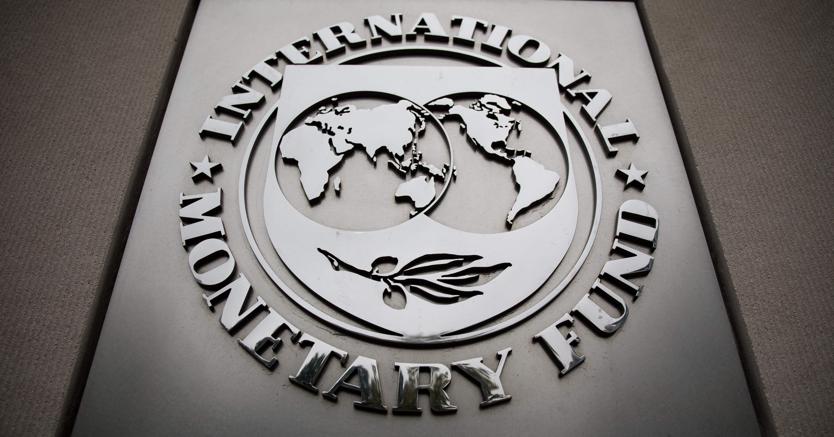The International Monetary Fund on Friday said Nigeria’s inflation, which has been declining for more than a year, would increase in the second half of the year.
The IMF stated this in an emailed statement after a team led by the Senior Resident Representative and Mission Chief for Nigeria, Amine Mati, visited the country from June 27 to July 9 to discuss recent economic and financial developments, update macroeconomic projections, and review reform implementation.
The nation’s inflation rate dropped for the 16th consecutive month to 11.61 per cent in May from 13.34 per cent in April, according to the National Bureau of Statistics.
“Nigeria’s inflation would pick up in the second half of 2018 as base effects dissipate and higher spending and supply constraints in agriculture put pressure on prices,” Mati said.
He stated that increased oil exports would keep the current account in surplus, helping stabilise gross international reserves even if the current pace of foreign portfolio outflows continued.
“A coherent set of policies to reduce vulnerabilities and increase growth remains urgent. This includes specific and sustainable measures to increase the currently low tax revenue — including through avoiding new tax exemptions — and ensuring budget targets are adhered to even in an election year,” he noted.
Mati said this process should be supported by keeping the monetary policy tight through appropriate monetary policy tools that would help contain inflationary pressures and support a move towards a uniform market-determined exchange rate.




